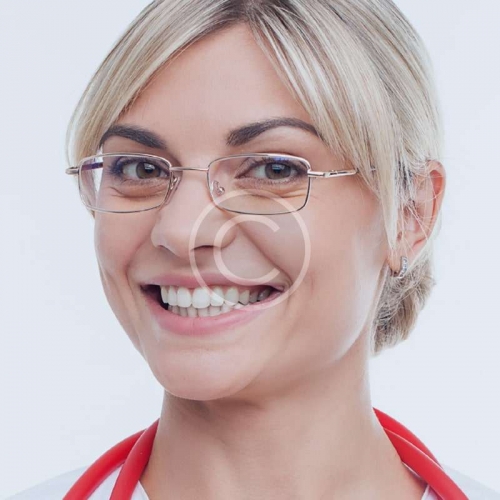
Considerate, private, respectful personal aged
care and assistance.
Professional medication management in home care is crucial for individuals who require assistance with taking medications correctly and safely. Proper medication management helps prevent adverse reactions, ensures medications are taken at the right time and in the correct dosage, and promotes overall health and well-being. Here are key components of professional medication management in home care:
1. Medication Assessment:
-
-
- Review Medications: Conduct a thorough review of all prescribed and over-the-counter medications, including dosages, frequencies, and purposes.
- Consult Healthcare Providers: Consult with physicians and pharmacists to clarify any uncertainties about medications and their interactions.
- Document Allergies: Document any known allergies to medications to prevent accidental exposure.
-
2. Medication Administration:
-
-
- Timely Administration: Ensure medications are administered at the correct times according to the prescribed schedule.]
- Proper Dosage: Administer the correct dosage as prescribed by the healthcare provider.
- Monitoring: Monitor for side effects or adverse reactions and report any concerns promptly.
-
3. Medication Organization:
-
-
- Pill Organizers: Use pill organizers or medication dispensers with compartments for each day and time to prevent confusion.
- Medication Records: Maintain accurate records of medications, including dosages, administration times, and any changes made by healthcare providers.
-
4. Medication Assistance:
-
-
- Assistance with Administration: Provide hands-on assistance if the individual has difficulty swallowing or manipulating medication packaging.
- Techniques for Swallowing: Use appropriate techniques (e.g., tilting the head forward) to help the individual swallow pills safely.
-
5. Medication Education:
-
-
- Patient and Caregiver Education: Educate both the patient and caregivers about each medication, its purpose, proper administration, potential side effects, and what to do in case of a missed dose.
- Written Instructions: Provide written instructions or use pictorial aids if the individual has difficulty understanding verbal instructions.
-
6. Monitoring and Reporting:
-
-
- Regular Monitoring: Monitor the individual’s response to medications and report any changes in health status or concerns to healthcare providers.
- Reporting Side Effects: Report any adverse reactions or side effects to the healthcare provider promptly.
-
7. Communication:
-
-
- Healthcare Team Collaboration: Communicate effectively with the individual’s healthcare team, including physicians, pharmacists, and nurses, to ensure coordinated care.
- Family/Caregiver Communication:Keep family members and caregivers informed about medication changes and developments.
-
8. Medication Reconciliation:
-
-
- Review Periodically: Conduct medication reconciliation periodically, especially after hospitalizations or changes in healthcare providers, to ensure accurate and up-to-date medication lists.
-
9. Emergency Preparedness:
-
-
- Emergency Medications: Ensure that emergency medications, such as epinephrine pens or rescue inhalers, are readily accessible and that caregivers know how to use them in case of emergencies.
-
10. Supervision and Observation:
-
-
- Supervision: Supervise the individual during medication administration to confirm that medications are taken.
- Observation: Observe for signs of medication non-compliance or any difficulties the individual may have with taking medications.
-
Professional medication management in home care often involves skilled nurses, licensed practical nurses (LPNs), or medication aides who are trained to administer medications safely. It is essential to follow state regulations and guidelines governing medication administration, and to maintain open communication between healthcare providers, caregivers, and the individual to ensure the best possible medication management outcomes in a home care setting.
What types of services are available?
Our Qualified Caregivers have the experience and compassion to provide assistance with everyday personal care tasks, such as:
- Assisting with morning and evening routines
- Bathing (showers, baths, sponge baths, bed baths)
- Restroom activities (toilet assistance, incontinence, accident monitoring)
- Personal hygiene/grooming (hair care, skin care, oral care, nail care)
- Dressing (clothing selection and assistance)
- Mobility (transfers, walking, range of motion exercises, light exercise)
Where do I receive personal care services?
In most cases, you will receive these services in your own home.
Caregivers

Shawna Grant

Gary Newman

